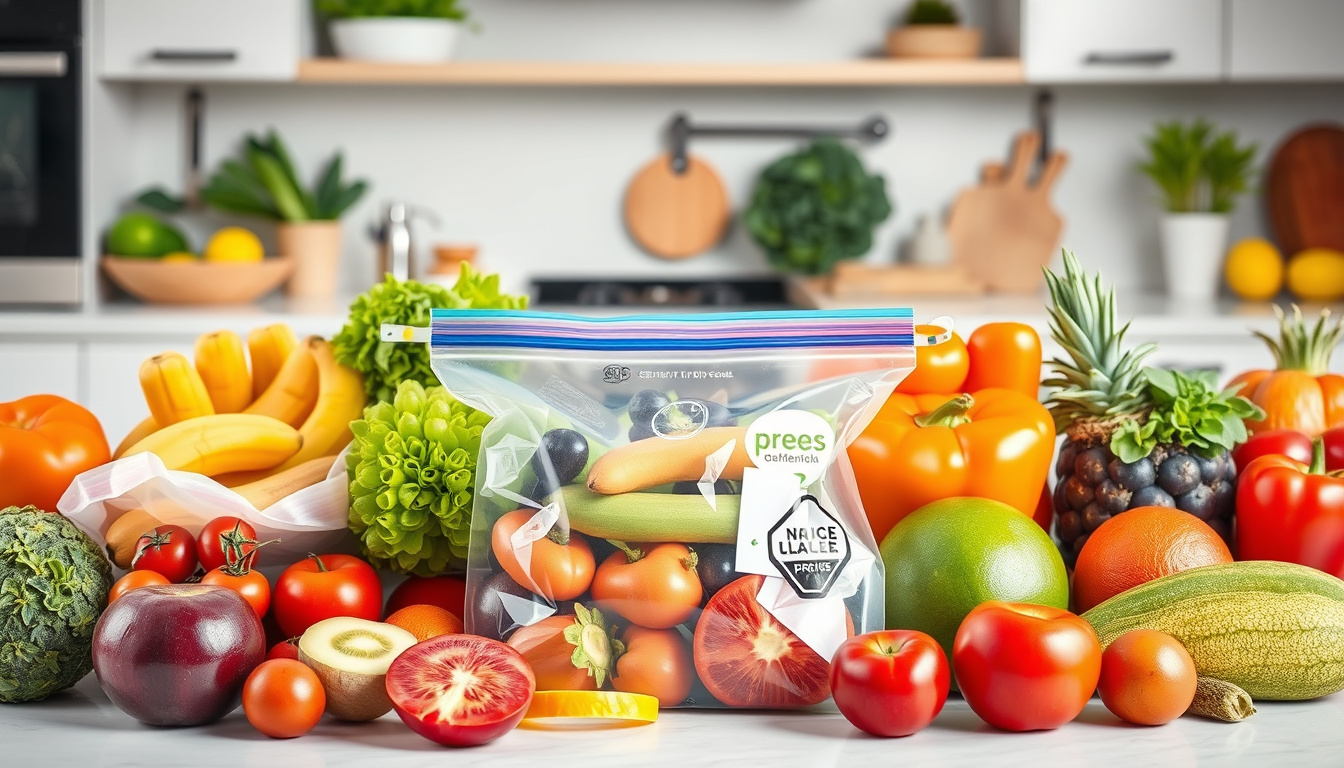When it comes to food storage, one of the key factors in maintaining freshness and extending shelf life is minimizing exposure to air. Excess air in bags can lead to faster spoilage, freezer burn, and loss of flavor. Fortunately, there are several effective techniques to remove air from bags without requiring elaborate equipment. Here’s a detailed guide on how to master the art of freshness.
Why Remove Excess Air?
Air is a primary contributor to food degradation. It encourages the growth of bacteria and mold and can lead to oxidation, which affects taste and nutritional content. By limiting air in storage bags, you can:
- Extend Shelf Life: Properly sealed food remains fresh longer.
- Prevent Freezer Burn: Air in the freezer can cause frost to develop, ruining the texture of the food.
- Save Space: Removing air allows for more efficient storage.
Techniques to Remove Air from Bags

Here are several proven methods to remove excess air from bags—ranging from simple DIY to using specialized tools.
1. Manual Air Removal
One of the simplest methods involves manual techniques that can be particularly useful without a vacuum sealer:
-
The Straw Method:
- Place your food in a resealable ziplock bag.
- Insert a straw into the bag just above the food, ensuring it doesn’t touch the food.
- Seal the bag around the straw and suck air out using the straw. Quickly seal the bag after removing the straw to prevent air from re-entering.
-
Water Displacement Method:
- Put food in a ziplock bag and seal it almost entirely, leaving a small opening at the top.
- Submerge the bag in a bowl of water, letting the water pressure push air out of the bag.
- Once the bag is submerged, seal the opening before fully removing it from water.
2. Using Vacuum Sealers
If you want a more automated solution, investing in a vacuum sealer is a prudent choice. These devices are designed to efficiently remove air and seal bags utilizing heat.
- How to Use a Vacuum Sealer:
- Place your items inside a vacuum bag.
- Insert the open end of the bag into the vacuum sealer.
- Follow your device’s instructions to create a strong seal.
Vacuum sealers are particularly effective for long-term storage, sous vide cooking, and organizing pantries.
3. Mini Vacuum Pumps
For those who travel or need a lightweight solution, mini vacuum pumps can be a convenient alternative. These pumps are typically battery-operated and perfect for sealing travel bags, allowing you to save space while packing.
- How to Use Mini Vacuum Pumps:
- Insert your items into a vacuum bag compatible with the pump.
- Follow the pump’s instructions to remove air and seal. These pumps often come with reusable bags, maintaining a high level of convenience.
Storage Tips for Maximum Freshness
Regardless of the method you choose, here are a few additional tips to ensure your food remains as fresh as possible:
- Choose the Right Bags: Use high-quality, airtight freezer bags or vacuum seal bags designed for preserving food.
- Label Your Bags: Date the bags so you can keep track of freshness, avoiding unnecessary waste.
- Avoid Overpacking: Leave some space in the bag for optimal sealing, especially when using manual methods.
Conclusion
Removing excess air from bags is a critical step in maintaining food freshness and prolonging shelf life. Whether you choose manual methods or invest in a vacuum sealer or mini pump, the techniques outlined above will empower you to store food effectively, reduce waste, and enjoy its flavors for longer. By mastering these simple yet effective methods, you can take the first steps towards better food preservation and enhanced culinary experiences.
Experiment with these techniques to find what best suits your needs and enjoy the freshness of your food for days to come!
>> Chest Freezer Reviews <<
>> Upright Freezer Reviews <<

